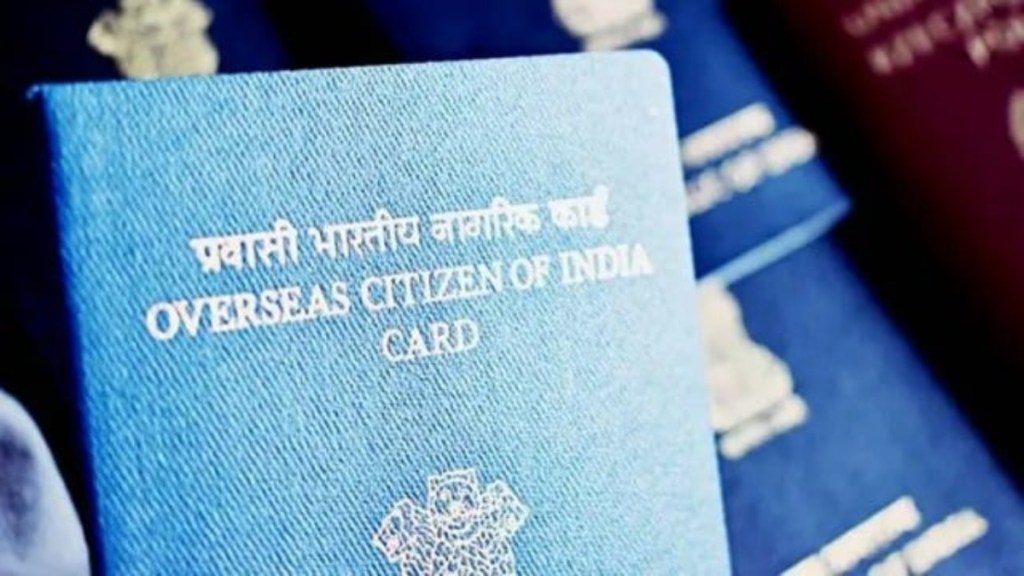Indian Citizenship: The Ministry of Home Affairs (MHA) has appealed a Delhi High Court ruling that directed Indian citizenship be granted to a 17-year-old girl born in India to Indian-origin parents who now hold US citizenship. The case concerns Rachita Francis Xavier, declared “stateless” by the court, whose citizenship was ultimately granted on 31 July 2024. The MHA, however, is not contesting the grant of citizenship but has sought a clarification that the single judge’s observations in the matter should not be treated as a legal precedent.
Concerns over ‘illegal migrant’ definition
The MHA contends that the single judge’s findings on the definition of “illegal migrant” and “person of Indian origin” could have sweeping implications. Appearing before a division bench led by Chief Justice D K Upadhyaya and Justice Tushar Rao Gedela, the government expressed fears that the ruling could open the “floodgates” for others in similar circumstances, potentially diluting the intent and framework of the Citizenship Act, 1955.
The MHA argued that, under Section 2(1)(b) of the Act, Rachita could technically be considered an “illegal migrant” as she lacked any valid travel document or visa. While her parents held Overseas Citizen of India (OCI) cards and were living in India at the time of her birth, the ministry insists that this status does not automatically qualify their daughter for Indian citizenship.
The May 2024 judgement had described Rachita’s situation as “unique”, acknowledging that she had lived her entire life in India and had never travelled abroad. The court noted that denying her citizenship left her effectively stateless, impacting her fundamental rights and access to basic services. Her application for an Indian passport in 2019 was rejected, prompting her legal battle.
The court ultimately held that she did not fall under the definition of an “illegal migrant” and recognised her as a “person of Indian origin”, ordering the grant of citizenship.
MHA pushes for legislative clarity
The MHA has now urged the High Court to limit the ruling’s application to Rachita’s individual case. The ministry stressed that the court had misinterpreted the definitions under both the Citizenship Act and the Foreigners Act, 1946, which together form the legislative basis for determining the status of individuals born in India to foreign nationals.
The ministry further argued that declaring Rachita a “person of Indian origin” on the basis of her mother being born in independent India was a misreading of the law. Section 5 of the Act, it said, restricts “Indian origin” status to individuals born in undivided India prior to 15 August 1947 or in territories later integrated into the country. Extending this definition, the ministry warned, could lead to unintended consequences, including the eligibility of persons born in Pakistan or Bangladesh after independence.
The division bench has not yet ruled on the government’s plea but has scheduled the matter for further consideration on 15 October.

